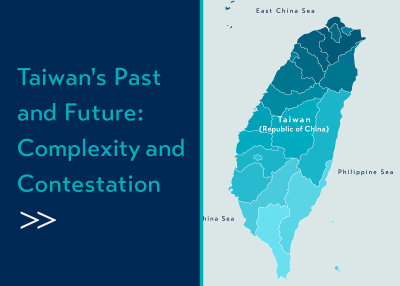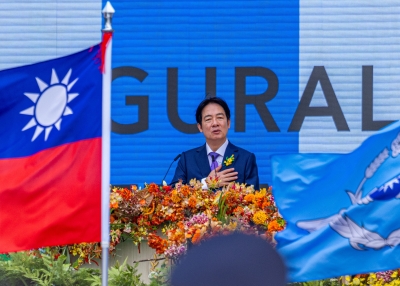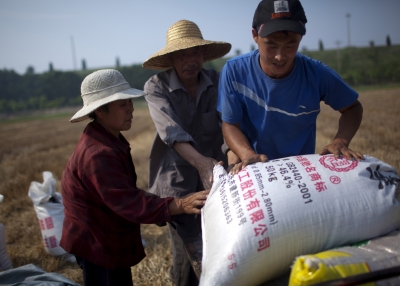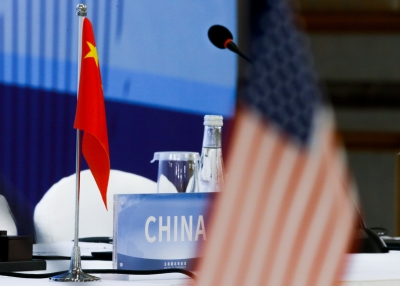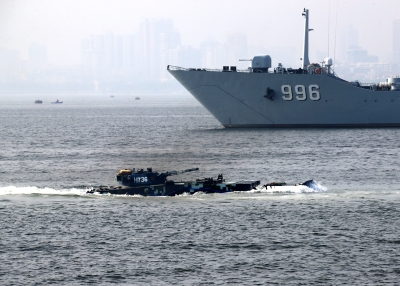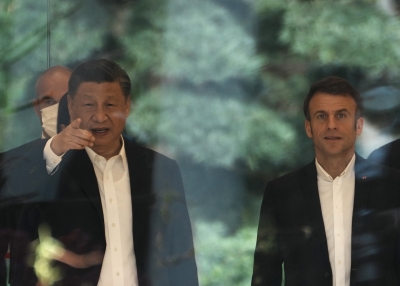Foreign Policy and National Security
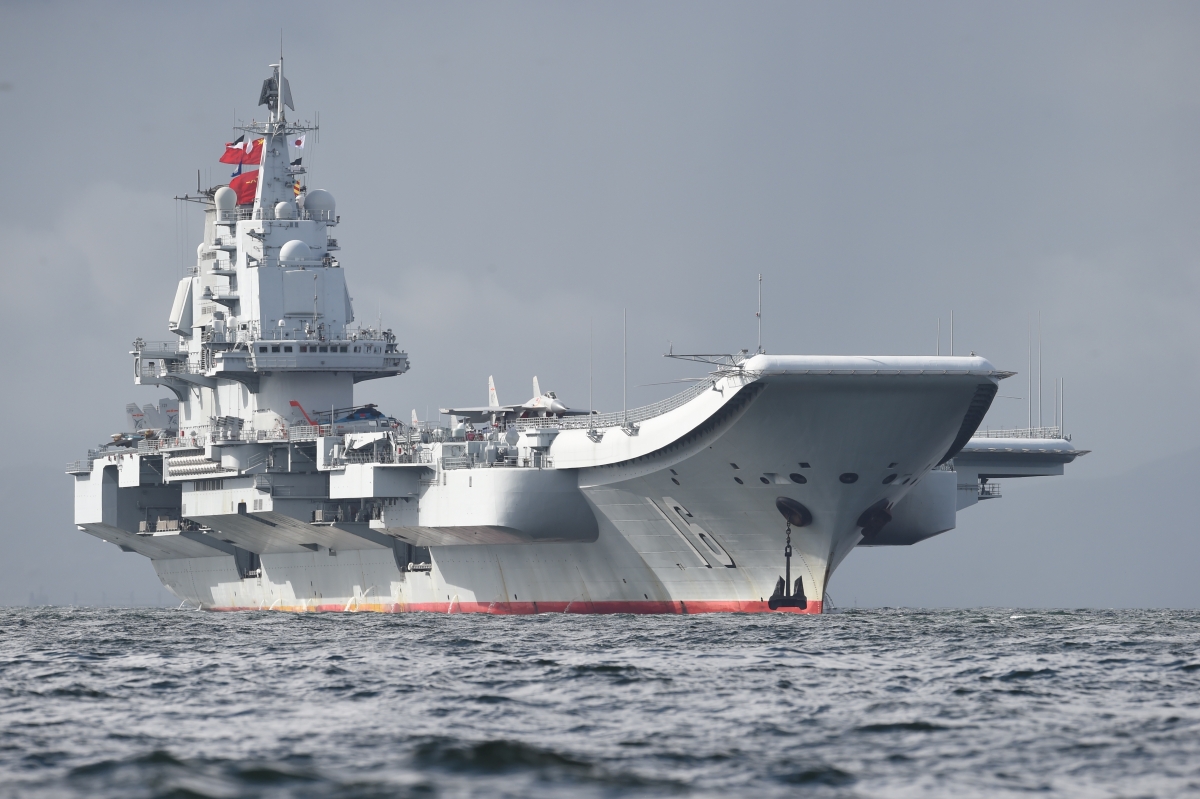
Fellows in the Center for China Analysis’ (CCA) Foreign Policy and National Security pillar conduct research into China’s external affairs. We focus on geographical areas that carry heightened security risks in the Indo-Pacific region, including the Taiwan Strait, the East and South China Seas, and the Korean Peninsula. We assess and analyze urgent risks and contingencies, trends in China’s key regional and bilateral relationships, Chinese military and paramilitary capabilities and strategies, and how China is perceived around the world.
Core projects include data-focused assessments of Chinese foreign policy behavior, a dashboard of global public opinion of China and its international policies and presence, and analyses of the country's military modernization and changing approaches to deterrence. We monitor Europe-China relations as well as China’s expanding relationships in the developing world, including the rest of Asia, the Middle East, Africa, and Latin America. We also consider China’s evolving approach to international institutions and its efforts to promote norms — for example, in relation to governance, sovereignty, and conflict prevention — that align more closely with its interests within the international system.
The Foreign Policy and National Security pillar conducts ongoing work arising from Asia Society and Asia Society Policy Institute President Kevin Rudd’s policy recommendations for managing U.S.-China strategic competition. This is outlined in his book on "The Avoidable War" and includes new research on the effective construction and maintenance of strategic guardrails and rules of the road in five critical areas in the overall the U.S.-China security relationship: Taiwan, the South China Sea, the East China Sea, the Korean Peninsula, and the frontiers of cyber and outer space.
The Foreign Policy and Security pillar cooperates closely with the other pillars to advance a comprehensive and integrated approach to the analysis of China’s external affairs. We offer objective assessments uniquely grounded in clear understandings of how China’s domestic political, economic, technological, environmental, and societal developments affect the country’s foreign and military policies, and how the politics and policies of China’s international counterparts impact the country’s internal transformation.
